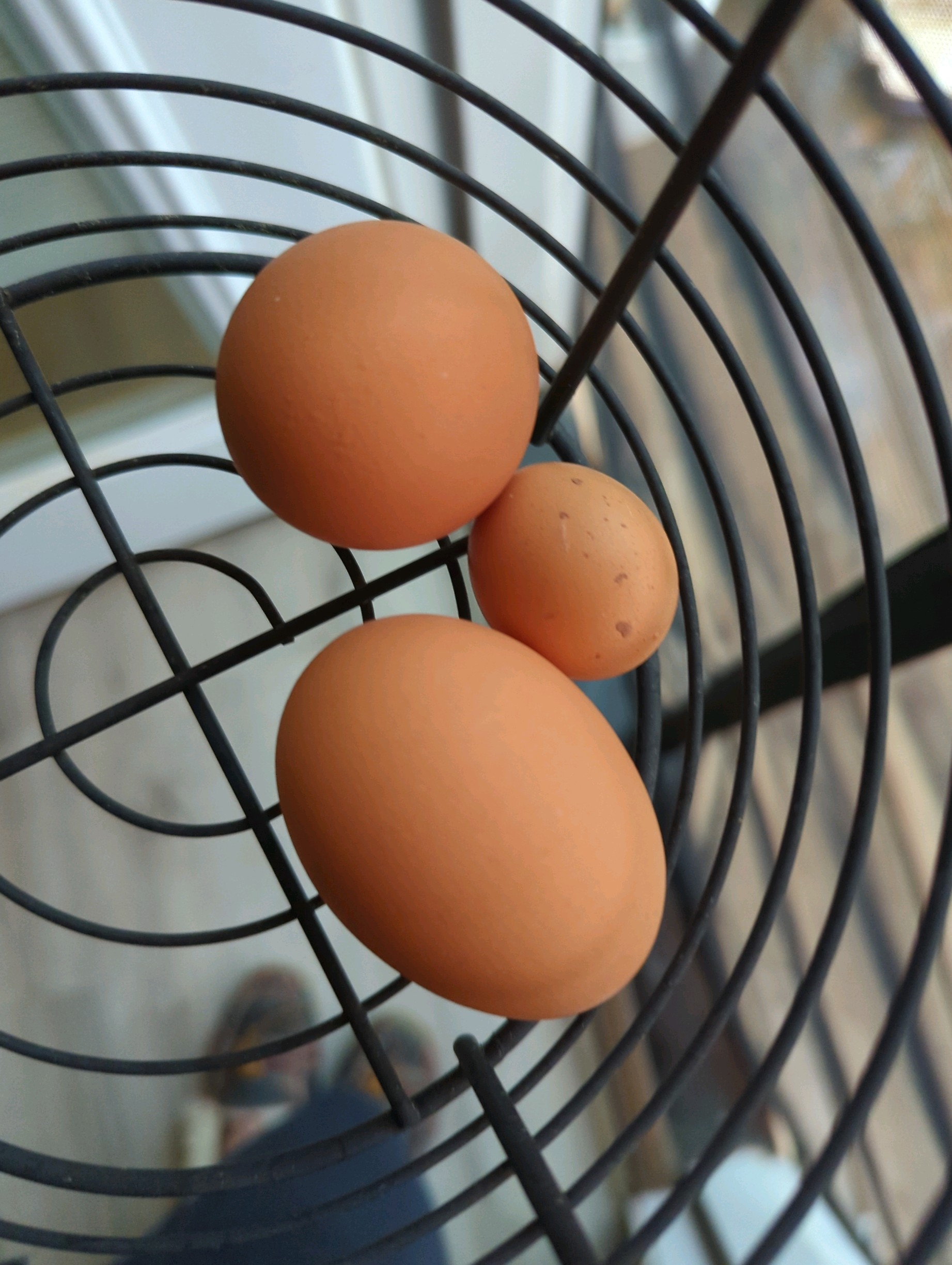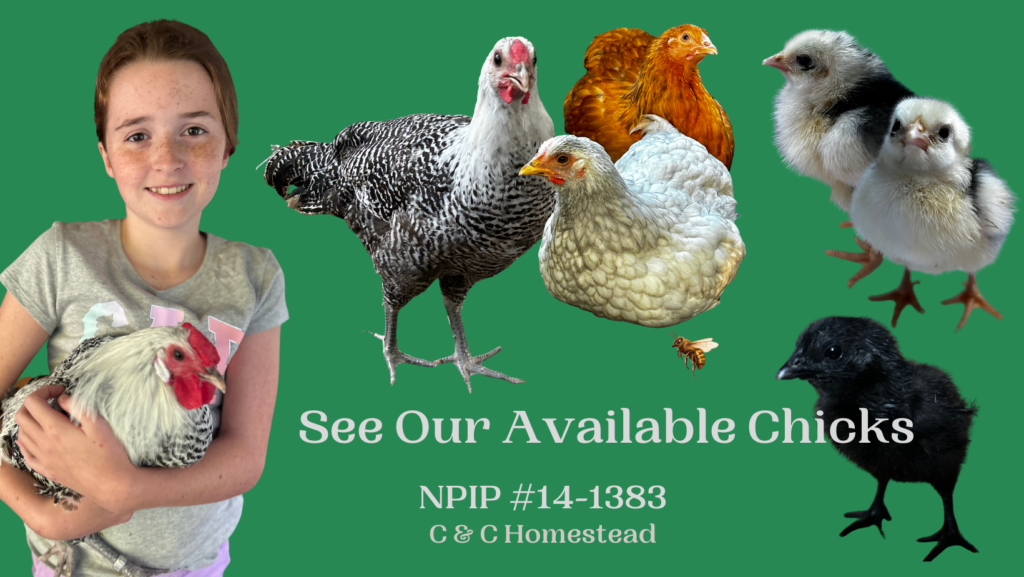Understanding Fairy Eggs
What Are Fairy Eggs? Fairy eggs are small, often yolkless eggs laid by chickens. Unlike standard eggs, fairy eggs are significantly smaller, sometimes no bigger than a marble. They may contain no yolk at all or, on rare occasions, a tiny yolk. The absence of the yolk gives these eggs their characteristic lightweight feel and small size.
How Do Fairy Eggs Form? The formation of fairy eggs is a result of a glitch in the chicken's reproductive system. In a normal laying process, the hen's ovary releases a yolk, which then travels down the oviduct, receiving layers of albumen (egg white), membranes, and finally, the shell. Fairy eggs, however, are produced when this process gets disrupted. This disruption can be triggered by stress, sudden changes in light exposure, or abnormalities in the hen's reproductive system. Instead of a yolk being released and encased in egg layers, the oviduct may instead form an egg around a small piece of tissue or a mere collection of albumen, resulting in a fairy egg.
Historical Significance and Folklore
Fairy eggs have been surrounded by myths and folklore throughout history. In some cultures, they were believed to be laid by roosters and were considered omens of bad luck or witchcraft. To ward off evil, people would often destroy these eggs by throwing them over their houses, ensuring they landed on the other side without breaking. In contrast, some folk traditions considered fairy eggs as gifts from the fairies, symbols of good fortune and a cause for celebration.
Implications for Chicken Health
Are Fairy Eggs a Sign of Poor Health? Occasional fairy eggs are usually not a cause for concern and can happen to healthy chickens. They are more common in young hens whose reproductive systems are still maturing or older hens nearing the end of their laying cycles. However, if a hen consistently lays fairy eggs, it might indicate underlying health issues, nutritional deficiencies, or excessive stress.
Preventive Measures To minimize the occurrence of fairy eggs, ensure your chickens live in a stress-free environment with consistent lighting patterns and access to a balanced diet. Proper nutrition, especially adequate calcium intake, is crucial for regular egg production. Additionally, regular health check-ups can help detect and address any potential issues early.
Conclusion
Fairy eggs are more than just an oddity in the egg basket; they are windows into the complex and sensitive reproductive system of chickens. While steeped in folklore and mystery, the occurrence of fairy eggs can also serve as a prompt for chicken keepers to closely monitor the health and environment of their flock. By understanding and appreciating these tiny marvels, we can ensure that our feathered friends lead happy, healthy lives, all the while enjoying the whimsy and wonder they bring into our homesteads.




